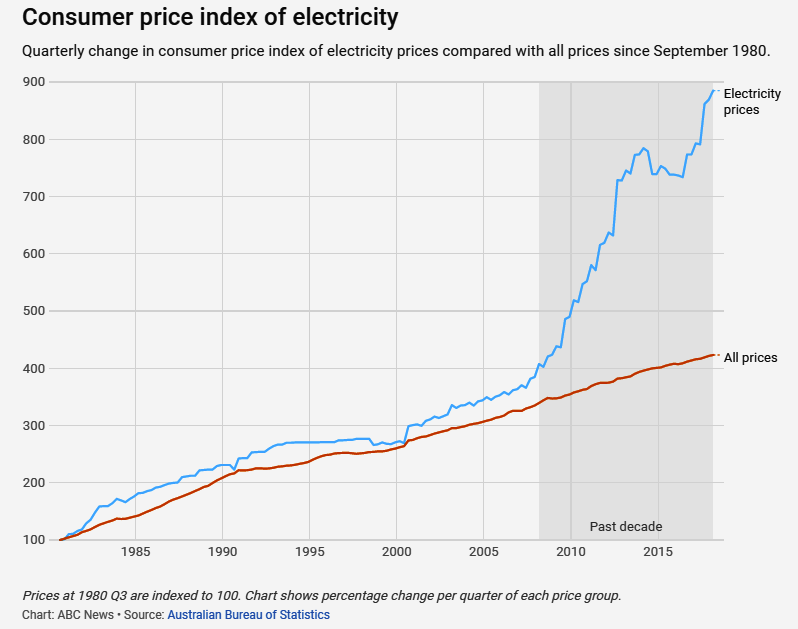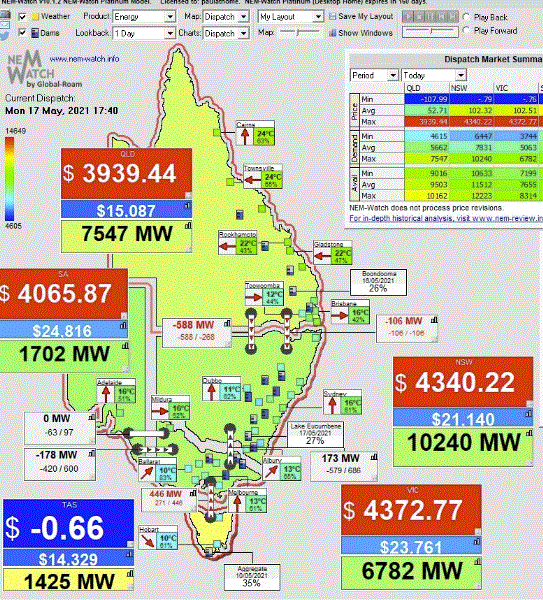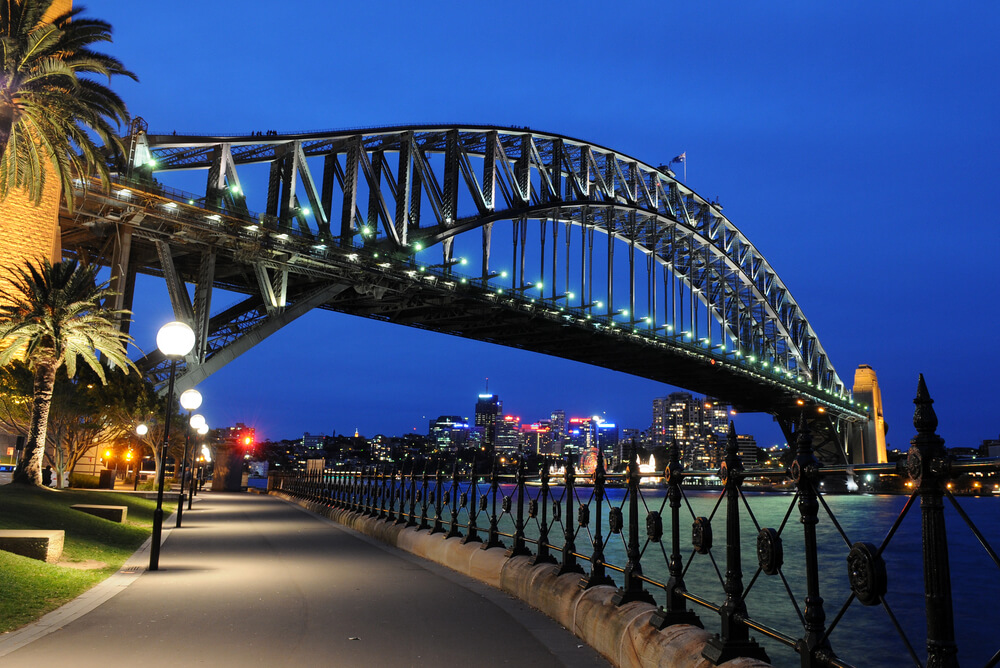Average electricity costs per kWh (state by state) Like most infrastructure, each state or territory is responsible for its own set of laws and regulations to determine the supply cost of electricity. This means prices differ depending on where in the country you live. Customers in NSW are typically charged anything from 17c to 28c per kWh of electricity consumed, depending on the tariff, retailer and network. Supply charges: This is a cost imposed by the network distributor for the maintenance of energy infrastructure. It is a daily charge that applies regardless of how much or how little power is used. 
The truth behind electricity price increases MacroBusiness
According to the Australian Energy Market Commission in 2022, average households in NSW could save up to $404 on electricity a year by switching from the Default Market Offer (DMO) to the cheapest available market deal, depending on their network area. Best electricity providers in New South Wales: Red Energy Alinta Energy AGL Origin Energy EnergyAustralia Simply Energy Dodo Compare NSW Electricity Plans NSW AGL EnergyAustralia Origin Here are some of the cheapest published deals from the retailers on our database that include a link to the retailer's website for further details.
The cost of using electricity is generally referred to as a 'usage charge'. These charges are measured in kilowatt-hours (kWh), with most electricity retailers charging between 25 and 40 cents per kWh, depending on your state and electricity tariff. Aemo's chief markets officer, Violette Mouchaileh, said power prices in the mainland section of the national electricity market - serving about three-quarters of Australia's population. 
The Crash Test Dummy speeds up our Renewable Target is 16 and rising
Electricity Price Changes NSW In the table below, the annual cost assumptions are based on the Ausgrid network in Sydney. See here for further information on the Reference Price, which in this comparison assumes general energy usage of 3900kWh/year for a residential customer on a single rate tariff, meaning the Reference Price is $1,512/year. If you're looking for the cheapest electricity prices in Sydney, you may need to switch suppliers. You can find a more detailed breakdown of the cheapest electricity providers in the city by reading more below. Need Energy Advice? Our experts are avialable to help you free of charge: 1300 560 964 OR Free callback Ad
By the end of 2023, inflation is tipped to be 4.5 per cent, below its previous forecast of 4.8 per cent. The RBA said energy costs were likely to increase this year and, despite government. 6:05pm Oct 29, 2021. Thousands of Sydney households will pay more for their electricity from Monday as summer tariffs kick in. Any home with time of use energy pricing on the Ausgrid network will. 
NSW power so erratically expensive an aluminium smelter powered down
Electricity prices in NSW can vary from city to city. This is because the range of energy providers in NSW that are available to you will vary depending on where you live. However, a good way to find the most suitable plan and cheapest electricity provider for your circumstances is by comparing electricity in NSW. Electricity usage rates in Sydney are measured in kW/h (kilowatts per hour). There are two main factors that determine associated costs: Electricity Usage: The amount of energy used by a property is dependent on the type of appliances you use, the energy efficiency of the appliances, and when you use the appliances. Electricity Prices: The kW/h price you pay for power is the other major factor.
The cost of living and the price of properties can stack up in Sydney, and so can bills. Compare electricity rates and save with GoSwitch. Electricity; Gas; Electricity Connections; Business Energy; Internet; 1300 107 074.. Sydney energy users are spoilt for retailer choices. The options can become confusing, but it is important to partner. Energy retailers and customers in Sydney and surrounding New South Wales regions are served by the Ausgrid distribution network, and GoSwitch is on hand to offer highly competitive deals in real-time, at zero cost to you. With GoSwitch, you get to compare the deals of energy retailers and compare electricity prices based on your postcode. 
Compare Energy Plans in NSW Compare the Market
The tariffs, known as default market offers, will rise between 8.5 per cent and 18.3 per cent in New South Wales, up to 12.6 per cent in south-east Queensland and 9.5 per cent in South Australia. Small business customers will also be affected by the changes, with so-called standing offer prices rising up to 13.5 per cent. Introduction Energy Made Easy is an Australian Government energy price comparison service for households and small businesses. The service is free and available in states and territories that have adopted the National Energy Customer Framework (NECF).









